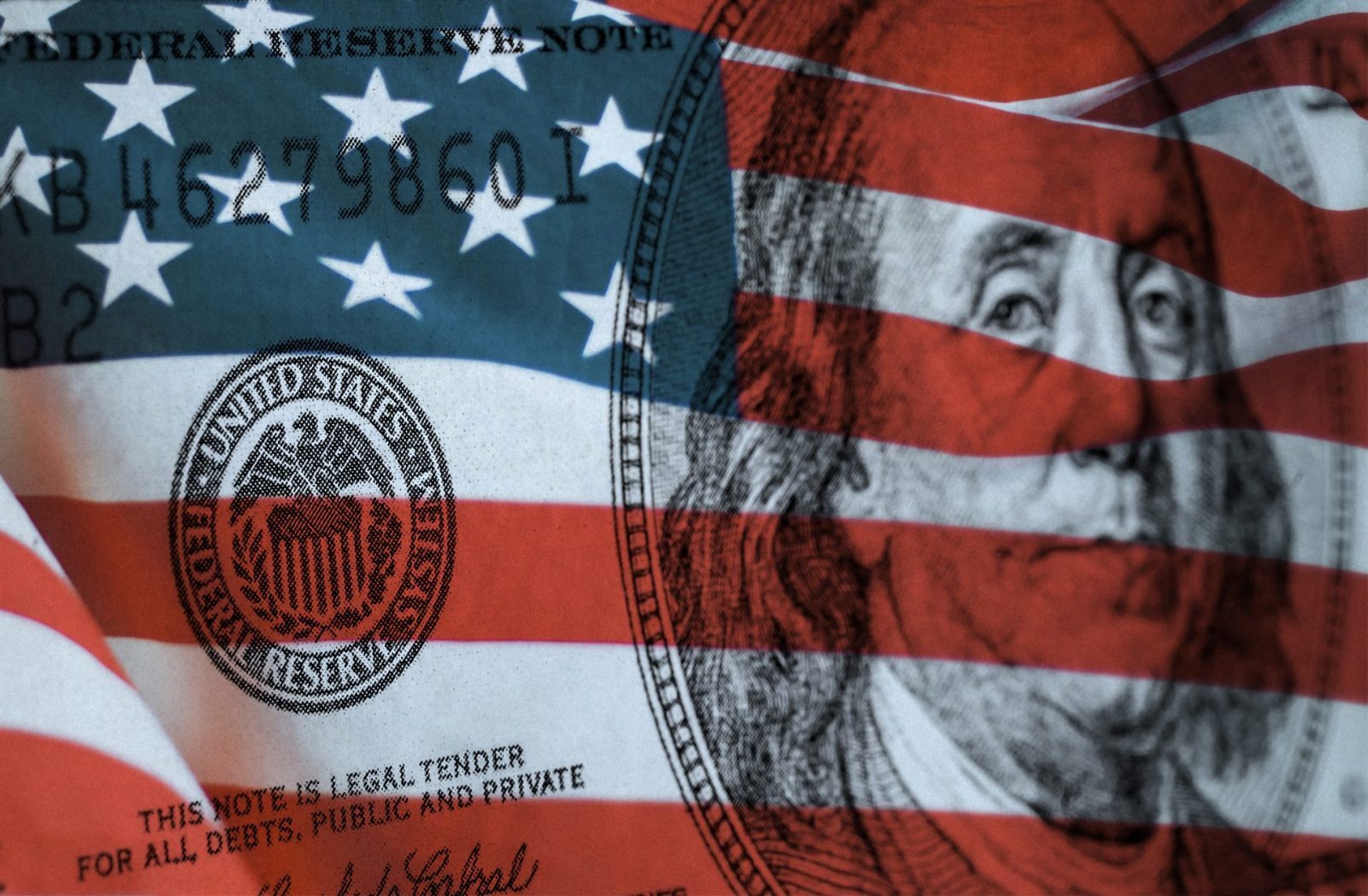
As widely expected, the Federal Reserve yesterday decided to keep US interest rates on hold. They did, however, state that they believe the US economy is now robust enough to reduce quantitative easing in October, albeit slowly. The decision could prove to be a historic one as it signals a leap forwards in the recovery from the worst financial crisis for years.
Fed policymakers have also reaffirmed their belief that there will be one more interest rate rise in America this year and were still on track for three increases in 2018. In her press conference, Fed Chair Janet Yellen said she expected the US economy to continue expanding over the next few years, but that the Fed is not ‘locked in’ to a particular path. None of this is particularly surprising, but it feels symbolic because this could be the day we all look back to and say “That was the beginning of the end of the financial crisis.”
What was more surprising, however, was the release of the UK retail sales for August which showed they had increased by 1.0%. This was better than forecast and, given that British households are feeling the pinch as a result of higher inflation outpacing wage growth, it is reasonable to have expected a dip. If the increase is shown to be a result of increased borrowing by the British public, there will be further calls for an interest rate rise before the year is out.
We’ll be hosting our next webinar in the series on 10 October 2017 at 3pm BST. Entitled ‘Revenue Risk in International Supply Chain Challenges’, the presentation will discuss the economic climate and political uncertainty and how it is impacting on the logistics and supply chain sector.
GBP: sterling strengthens as UK retail sales beat forecasts
UK retail sales were far stronger than expected in the month of August. According to a report by the Office for National Statistics, retail sales increased by 1.0% last month – the third consecutive month they have risen.
Sterling strengthened significantly against the US dollar as a result, as the markets prepared for yet another rally by the pound. The increase in retail sales is particularly surprising given that household incomes are being squeezed by inflation, and there was speculation that it could be as a result of increased borrowing.
It’s a fairly quiet day today, although we will see the release of UK mortgage approvals data. However, it is clear that the main attention will now be on UK Prime Minister Theresa May’s key speech in Florence tomorrow. The question is whether she will adopt a hardline Brexit stance, or opt for a Swiss-style arrangement with the European Union.
EUR: OECD suggests eurozone’s recovery set to strengthen
It was an extremely quiet day for the euro yesterday as events in the UK and US were the main focus of attention. However, even when nothing much happens in the eurozone it appears there is some good news, as the Organisation for Economic Co-operation and Development updated it economic forecasts yesterday.
The report said that the eurozone’s recovery would continue to strengthen next year. Indeed, the forecast went so far as to suggest that Europe’s economy would catch up with America’s. Alas, it also said that Britain’s growth is expected to slow to 1% in 2018 from 1.6% in 2016. However, we’ve written before about the unpredictability of forecasts so it would be irresponsible to put too much faith in them just now.
Later today we will see the release of flash consumer confidence for the eurozone and the European Central Bank are set to have a general council meeting. Tomorrow is the release of the German manufacturing purchasing managers’ index data for September. If we get a positive figure we can expect to see some strengthening in the euro.
USD: Federal Reserve keeps rates on hold but reduces QE
The markets had a fairly quiet opening to the day yesterday as everyone patiently awaited the Federal Reserve’s interest rate decision. Then the announcement was made and confirmed that rates would remain on hold for now, but that next month the Fed would start reducing its quantitative easing programme.
Meanwhile, there was some weak data from the US that showed existing home sales fell 1.7% in August – the lowest level since this time last year. However, much of this can be attributed to the effects of Hurricane Harvey which ploughed through Texas; had sales in Houston not plunged by as much as they did the figures would have been unchanged.
As for today, the initial jobless claims and house price index are scheduled for release. There was an unexpected fall in the the claims for unemployment benefit last month so it will be interesting to see if this trend continues.
For more on currencies and currency risk management strategies, please get in touch with your Smart Currency Business trader on 020 7898 0500 or your Private Client trader on 020 7898 0541.

 020 7898 0500
020 7898 0500
